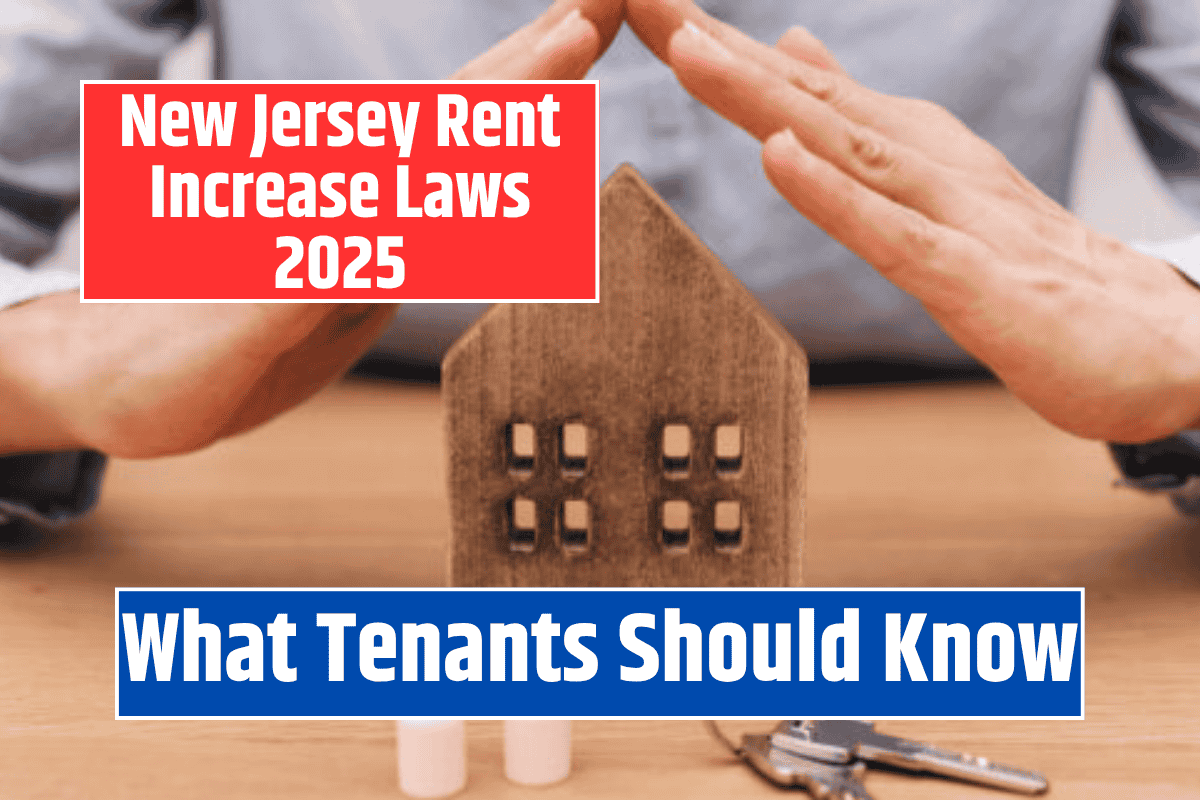Rent prices are going up across the country, and New Jersey is no exception. In many areas, landlords are raising rents by as much as 15% to 20%.
While this might seem necessary due to rising costs, it’s also creating tension between landlords and tenants. That’s why it’s important to understand the rent increase laws in New Jersey before making any changes.
If you’re a landlord planning to increase rent, or a tenant worried about your next lease renewal, here’s what you need to know about New Jersey’s rent laws in 2025.
Does New Jersey Have Rent Control?
New Jersey does not have a statewide rent control law. However, many cities and towns have their own local rent control ordinances. This means that in some places, landlords can raise the rent by any amount, while in others, they must follow specific rules and limits.
A bill called Assembly Bill 2390 was introduced in February 2022. If passed, this law could set a statewide rent increase cap at 5% or 10%, or link it to the cost of living index—whichever is lower. As of now, the bill has not been passed, but it’s something both landlords and tenants should keep an eye on.
Notice Before Increasing Rent
Landlords must give tenants at least one month’s written notice before increasing rent, unless the lease says otherwise. This is true for month-to-month rental agreements.
The notice must be sent in one of these ways:
By certified mail
Hand-delivered to the tenant or someone in their home over 14 years old
By regular mail
Some cities have their own notice period requirements. For example, Edison requires 60 days’ notice before a rent increase.
Cities with Local Rent Increase Limits
Even though New Jersey has no state-wide rent control, many cities have local limits. Here’s a quick look at some popular cities and their rent increase rules:
Atlantic City – Tied to the Consumer Price Index (CPI)
Elizabeth – 3% limit, up to $20 maximum
Edison – Maximum of 5%
Lakewood – 6.5% if landlord pays heating, 5% if tenant pays heating
Jersey City – CPI-based, with a 4% max cap
Paterson – 5% cap; 3.5% for disabled or senior tenants
Newark – Tied to CPI, up to 4% maximum
Landlords in these cities must follow local rules even if state law has no cap.
How Much Can Rent Be Increased in New Jersey?
If the city has no local rent control, the landlord can raise rent by any amount, as long as:
The increase is reasonable
The landlord gives proper notice
It is not based on discrimination or retaliation
However, a very steep or sudden rent hike may be considered unfair and could be challenged by the tenant. In such cases, the landlord must prove that the increase is justified.
What Landlords Should Keep in Mind
Raising rent might be necessary, but it’s also important to be fair and respectful. Most tenants are open to small, reasonable increases—especially if they feel valued. So instead of shocking tenants with a big jump, consider increasing rent slowly over time and stay updated with:
Market trends
Other nearby rental prices
Your tenant’s track record
This helps maintain a positive relationship and avoid legal trouble.
New Jersey’s rent increase laws are a mix of state freedom and local control. As of 2025, landlords can raise rent in most areas but must always give advance notice and follow local rules if they exist. If you’re a tenant, it’s a good idea to understand your city’s rent control ordinances and know your rights.
For landlords, it’s not just about earning more—it’s about keeping good tenants, staying legal, and avoiding complaints. Staying informed and fair is the best way forward in today’s rising rent climate.
For more help, check out our detailed guides on New Jersey landlord-tenant laws, eviction rules, security deposit laws, and free rental agreement templates.












